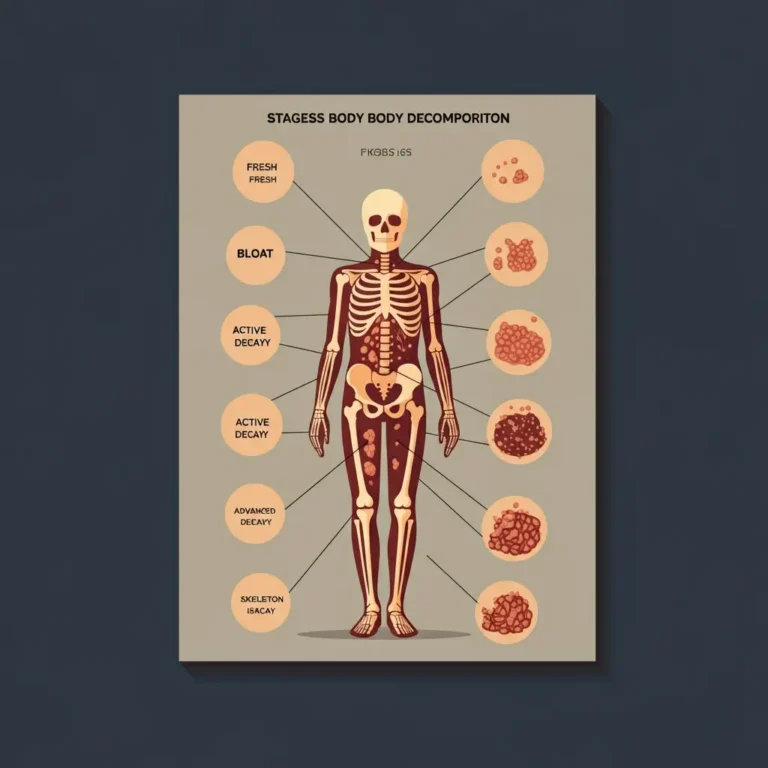How Long Does It Really Take to Form a Habit?
When it comes to developing lasting habits, you’ve probably heard the saying, “It takes 21 days to form a habit.” But is that true? The reality is more complicated. Habit formation is influenced by factors like commitment, consistency, and even the type of behavior in question.
This post will explore how long it really takes to build a habit, the science behind it, and practical strategies for success.
Table of Contents
What Is a Habit?
A habit is an action or behavior repeated consistently until it becomes automatic. From brushing your teeth to exercising daily, habits shape our lives—for better or worse. They influence our health, productivity, and mental well-being.
Habits are formed through repetition. Over time, the brain creates neural pathways that make performing these actions effortless. But establishing habits isn’t just about repetition; understanding motivation and reward is equally essential.
The Psychology Behind Habit Formation
The formation of habits is deeply rooted in psychology. According to psychologists, habits follow a three-step loop:
- Cue: This is the trigger that prompts the habit. For example, feeling stressed might cue overeating.
- Routine: This is the habitual action, such as eating junk food when stressed.
- Reward: A sense of comfort or satisfaction reinforces the habit.
Understanding this loop helps you identify your cues and rewards, making it easier to modify or build effective habits.
Does Habit Formation Really Take 21 Days?
The 21-day myth stems from a 1960s study by Dr. Maxwell Maltz, who noticed patterns in patients adapting to physical changes. However, more recent studies paint a different picture.
Research from the University College London found that it takes an average of 66 days to form a habit. However, this can vary between 18 and 254 days, depending on the complexity of the behavior.
Key Insight:
Consistency over time matters far more than an arbitrary number of days.
Key Factors That Influence Habit Formation
The time required to form a habit depends on:
- Complexity of the habit (e.g., drinking a glass of water daily vs. running 5 miles)
- Motivation to make the change
- Supportive environment
- Existing habits that can either help or hinder progress
Replacing evening screen time with reading might be easier if you enjoy books and keep them within reach.
The Role of Consistency in Daily Habits
Consistency is the backbone of habit formation. Skipping even one or two days when starting a new habit can disrupt your momentum. The key is to start small and stay consistent.
Example:
If your goal is to meditate daily, start with just two minutes. Gradually increase the duration as the habit begins to feel natural.
Healthy Routines vs. Bad Habits
Building healthy routines requires intentional effort, while bad habits often develop unconsciously. Recognizing patterns and actively replacing negative behaviors with positive ones is crucial.
Examples:
- Replace smoking breaks with short walks.
- Swap sugary snacks for fruit.
Scientific Insights Into Behavioral Change
Habits thrive on repetition because repetition strengthens neural pathways in the brain. Neuroplasticity, the brain’s ability to adapt, ensures that consistent actions become second nature over time.
Interestingly, rewards amplify this process by releasing dopamine, which reinforces the pleasure associated with the habit.
Small, Positive Changes for Big Results
You don’t need massive changes to see results. Incremental improvements, known as atomic habits, are practical for long-term success.
Example:
Instead of aiming for an hour-long gym session right away, begin with a short workout at home.
Breaking Bad Habits Effectively
Breaking unhealthy habits requires more than willpower. Strategies include:
- Identifying and avoiding cues.
- Replacing bad habits with healthier alternatives.
- Seeking support from friends or professionals.
Example:
Rather than quitting junk food cold turkey, slowly integrate healthier meals into your daily routine.
Common Challenges in Building Habits
Challenges like lack of motivation, distractions, and unrealistic expectations can derail progress. Solutions include:
- Setting clear, achievable goals.
- Rewarding yourself for milestones.
- Tracking your behavior to stay on course.
Tips to Stay Motivated During the Process
Motivation tends to fade over time, but strategies like visual reminders and accountability partners can help.
- Set alarms as cues for habits.
- Share your goals with a friend who holds you accountable.
Examples of Healthy Habits to Adopt
Here are some practical habits to consider:
- Drinking 8 glasses of water daily.
- Prioritizing sleep for at least 7–8 hours each night.
- Journaling your thoughts at the end of the day.
How to Track Progress
Tracking progress not only boosts motivation but also provides a sense of accomplishment.
Tools:
- Habit tracker apps
- Bullet journals
- Simple checklists
Tools for Reinforcing Good Habits
Leverage tools like reminders, habit stacking (pairing a new habit with an existing one), and rewards to stay committed.
Example:
Brush your teeth right after drinking water in the morning to form a consecutive routine.
FAQs About Habit Formation
How long does it truly take to form a habit?
It depends on the habit, your consistency, and various external factors. For most people, forming a habit takes between 18 to 254 days.
What’s the easiest way to build a habit?
Start small. Focus on one habit at a time, and increase intensity gradually.
Can bad habits be eliminated?
Yes, through a combination of awareness, replacing behaviors, and consistency, you can break bad habits.
How do I stay motivated while developing habits?
Consistent tracking, visual reminders, and small rewards help sustain motivation.
Why do I lose interest after starting a habit?
This is common but can be overcome by breaking the habit into smaller, manageable steps and focusing on your “why.”
Are habits more about discipline or motivation?
Both matter, but discipline ensures long-term success even when motivation fades.
What’s habit stacking, and how does it work?
Habit stacking involves pairing a new habit with an existing one. For example, meditate right after brushing your teeth.
Can I build multiple habits at once?
It’s better to focus on one habit initially. Once it sticks, add more habits to your routine.
Building habits takes time and effort, but the rewards—better health, productivity, and happiness—are worth it. Start small, stay consistent, and watch as these habits positively transform your life.







